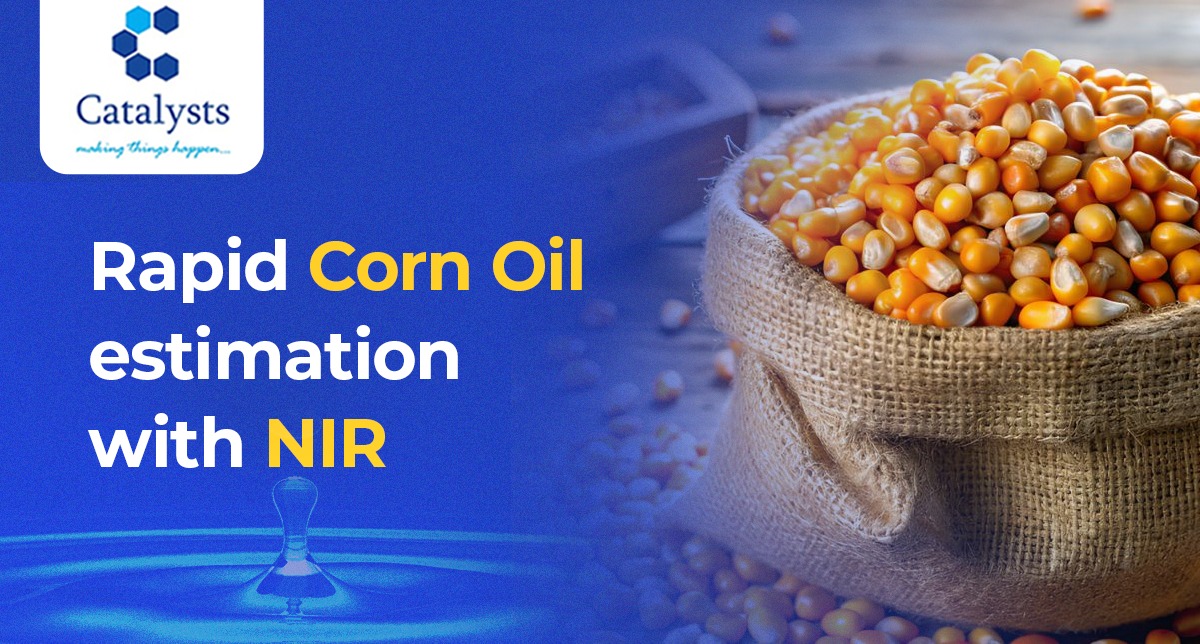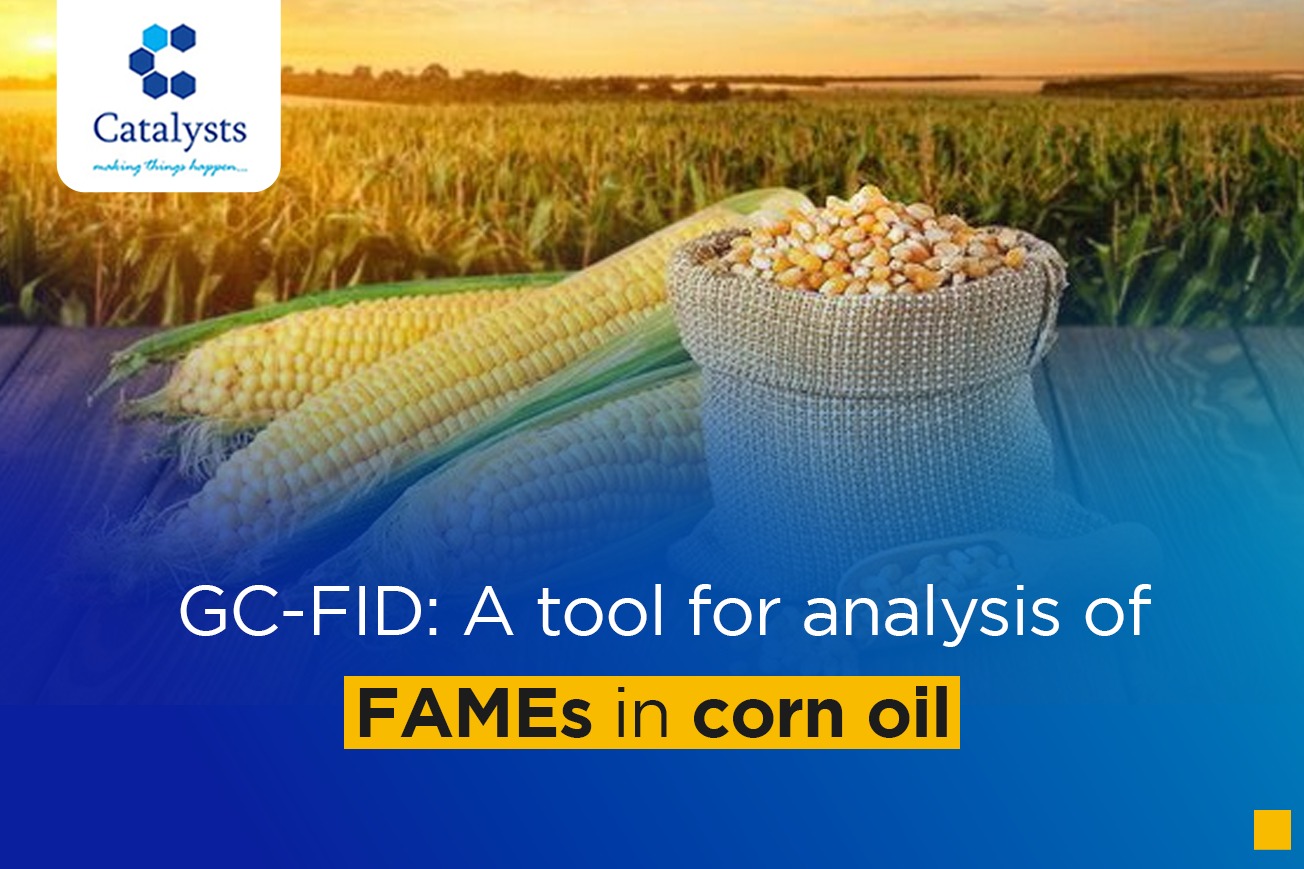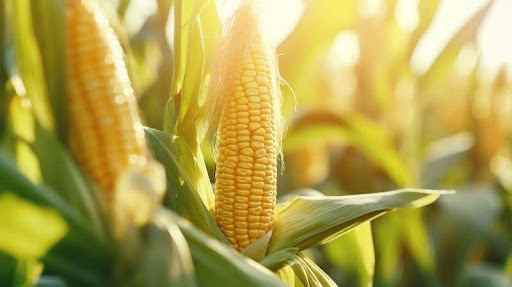
Enzymes functions as a catalyst that speeds up the rate of reactions. These organic substances accelerate the chemical reactions and retain their composition even after completing the reaction. The enzymes play a key role in the process of mashing, a process by which the grains pass through a series of steps to produce malt extract, which is then used to make a variety of beverages. Barley is a preferred grain for malting followed by mashing for brewing and malt whiskey.
Enzymes are extremely specific in function, for example, hydrolysis of polysaccharides like; glucans by glucanase, starch by amylases and proteins by proteases, during the mashing process. The functioning of these enzymes is controlled by two critical factors i.e., temperature and pH. The temperature change can change the rate of enzymatic reaction. All enzymes have a specific temperature in which they function at its best and any temperature higher or lower than that would affect its efficacy. The same goes for t°°the pH level. The enzymes can be destroyed or denatured if the pH level is different from their operating pH level. Moisture and Oxygen are the other factors that affect the performance of the enzymes.
Malt Extraction Process & Enzymes Used in The Process
The process of mashing requires enzymes to bring quality and speed up the process of their end products. Main enzymes that are used in mashing are as follows:
Recent Posts

Rapid Corn Oil Estimation with Near-Infrared Spectroscopy: An Effective Analytical Technique with Ne
Explore the effectiveness of near-infrared spectroscopy in rapidly estimating corn oil, providing new perspectives and enhancing analytical techniques in agriculture.

GC-FID: A tool for analysis of FAMEs in corn oil
Explore GC-FID, the essential tool for accurate FAME analysis in corn oil. Unlock detailed insights and improve your research outcomes today.

The Role of Enzymes in Maize-to-Ethanol Fermentation
With the rising demand for renewable energy sources and sustainable fuel alternatives, ethanol production has gained significant momentum worldwide. Ethanol, also known as bioethanol, is a biofuel commonly used as a renewable alternative to fossil fuels. One of the most popular feedstocks for ethanol production is maize (corn), primarily due to its high starch content, wide availability, and suitability for large-scale production.
Catalysts Connect
Keep up to date with our latest news and analysis by subscribing to our regular magazine and newsletter

Post a comment
Your email address will not be published.